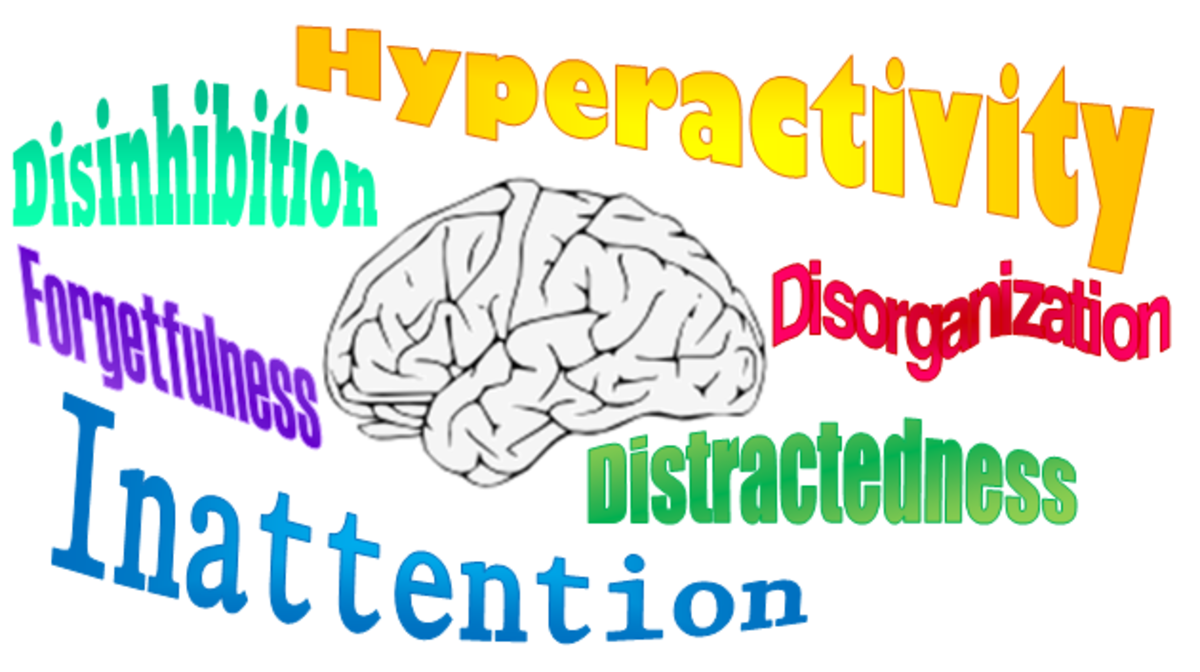Morality. Who decides what it is?

Descartes told us that we cannot know about anything unless we experience it . Therefore some things like perfection cannot be part of mankind’s natural knowledge of the world because we cannot experience it. Hence god must have put these idea into us himself, so we know him.
This is wrong. Every human being can imagine that if something were to change in their particular lives, their lives would be better. We can then think of something else that would make our lives better. We can keep doing this imagining for a long time.
But eventually when all our needs are met, all our desires fulfilled, nothing we can add to it would make our lives better. So that state would for us as individuals be perfection.
We can then imagine that if all things and people were in complete harmony and balance and nothing was in conflict with anything, and nothing had any needs or desires left unfilled, that would be an ultimate perfection.
We went from a subjective perfection for the individual to an ultimate objective perfection without having experienced either and without having this knowledge implanted in us.
This is exactly how morality comes about and for the same reasons. We all subjectively want our lives to be objectively better, and one way to do that is to build a repertory of morals. The best way to do that is to come to agreements. “I will not harm you if you promise not to harm me” is one of the most basic agreements societies form.
Now, naturally we love our children and we love our families. We crave love and warmth from others. We crave friendship. We also want to do business with others because they have goods we need. So we have natural agreements with each other.
We have found that by making agreements, although they can be broken, we have a better chance at being treated fairly, with respect and dignity, if we afford that same treatment to others. This is an objective way to gain our own subjective desires for a perfect life.
The golden rule, while not perfect, reflects this attempt at making our lives better through agreement on principals. I don’t like being attacked for my goods, so I agree not to attack others for theirs in return for the same protection.
There is no need for a god to implant these ideas into us, they are a matter of survival of the species. How can you make a better life for yourself if you are always in conflict with others?
So morality is a natural part of our nature. It has been selected for through countless generations.
Morality is not a question of who decides what it is, it is objectively true that morality is simply doing no intentional harm. Harm is objective. If you kill or beat someone that harm is both subjective and objective. So saying harm is a subjective idea is wrong. It is a subjective idea but it also an objective reality.
Same goes for moral values. They are subjective, but at the same time if followed they get objective results.
Humans can imagine their lives being better and we strive as individuals and as societies to make those visions a reality. No god is required to tell us this, cause and effect tell the story and enforce morality all on their own. Cause calamity and you get calamity in return. If you want your life to be better then you can’t cause conflict with others. You may have to fight those that would do you harm, of course. That doesn’t take away from anything I have said. At times we must fight for the values we hold dear. That is, in fact, the way morality is enforced. If someone commits murder society has the right and the responsibility to see that they don’t do it again. It is cause and effect in action.
We may well come to different ideas on how to enforce morality and some religious ideas of morality are questionable in this day and age, but at the core we are all trying to find a way to do the same thing: live optimum lives.
So finding the right formula for perfection is the basic goal of all people, be it just a subjective perfection or an objective one for all, ensuring in that way the perfection for every individual.
It’s a daunting task that produces as much conflict as it resolves at times. It’s often trial and error. But people keep trying, and keep modifying the agreements we have with each other.
Is morality absolute? Yes and no.
Morality changes as conditions change. But as long as conditions do not change, the morality of the situation remains absolute.
This is the same principal as truth. Truth is relative to specific conditions, are remains absolute until the conditions change.
As long as your light switch is on, the absolute truth of the matter is that the light switch is on. When it is off the absolute truth of the situation is that it is off.
If all the problems associated with act are dealt with, then doing that act is no longer immoral. Morality is a way to deal with problems which make our lives worse. If all the problems around an activity are solved the activity no longer poses a problem. Of course most of our social problems don’t change.
Morality can be broken down to one formula: Do no intentional harm. Intent is big for humans. I am much more inclined to forget about something you did and to forgive you for it if your intent was good but it all went south on you, then if you intended harm. Most people inherently feel that way. And we all know that at times good intent does pave the road to hell.
Doing no intentional harm brings fewer calamities on yourself and less conflict for others, giving us all a better life. And there is no need for a god to tell us that, it’s just objective fact for which we have centuries of evidence.









